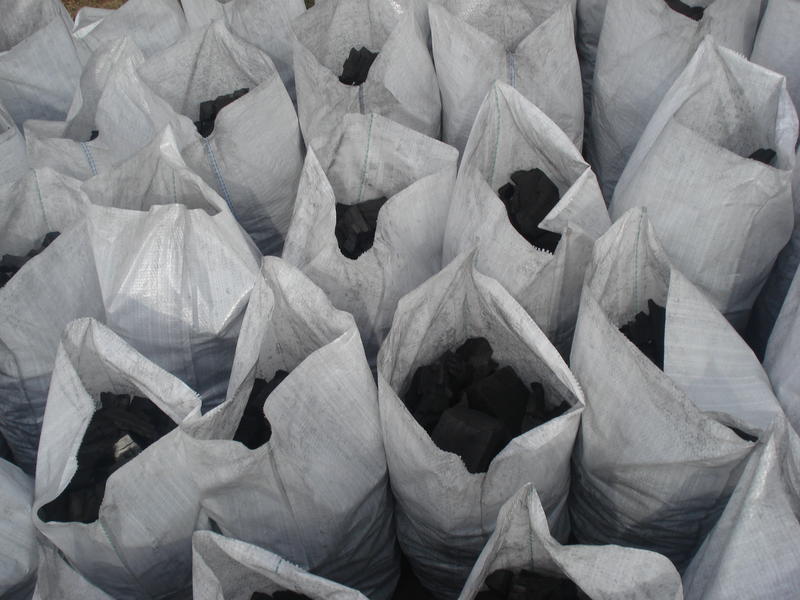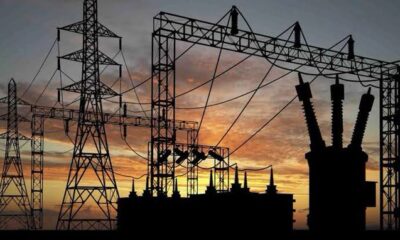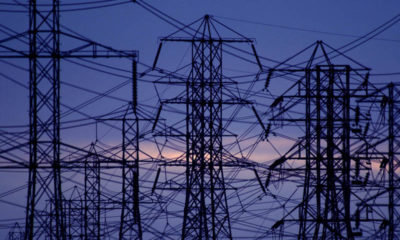- Coal to Power: FG Moves to Concession Five Coal Blocks
In a bid to give action to its plan to generate power from coal, the Federal Government on Thursday moved to concession five coal blocks belonging to the Nigerian Coal Corporation as it constituted a team to deliver on the target.
The delivery team comprises representatives from the Bureau of Public Enterprises, the Ministry of Mines and Steel Development, the Mining Cadastre Office, the Nigerian Geological Survey Agency, the Ministry of Power, Works and Housing, and the Ministry of Environment.
The National Council on Privatisation had on April 16, 2015 approved the use of a project delivery team for the privatisation of the five remaining coal blocks of the NCC.
The Minister of State for Mines and Steel Development, Mr Bawa Bwari, and Director-General of BPE, Mr Alex Okoh, inaugurated the delivery team in Abuja on Thursday.
Speaking at the ceremony, Bwari stated that the Project Delivery Team would oversee the reinvigoration of the Nigerian coal sector as well as oversee the concession of the NCC coal blocks.
Bwari said it was necessary to constitute a new delivery team that was inclusive and had the capacity to deliver on the government’s target to generate electricity from coal within the shortest possible time.
The minister said, “Although the first delivery team, was inaugurated on July 2, 2015, subsequent events necessitated the reconstitution of the team.
“We discovered that there was a need to reflect the agreement that the project should be jointly managed by the BPE, MMSD and MCO in view of the complementary mandate of the BPE and MCO to concession the coal blocks through a competitive bidding process.”
He added, “This event is, therefore, the culmination of the collaborative effort of both the Ministry of Mines and Steel Development and the Bureau of Public Enterprises to ensure that we have a delivery team that is alive to its responsibilities and capable of advancing the coal to power project of the Federal Government.
“Representatives were carefully chosen to reflect both the seriousness of this committee and the overriding need to explore all avenues to generate adequate power for the use of our people.”
Okoh said the inauguration was a milestone in the implementation of the coal sector reform. According to him, the reform is aimed at attracting the necessary investments for exploration, development and utilisation of coal.
The BPE boss outlined the key reform steps needed for a successful process of concession and advised team members to collaborate with other stakeholders and to co-opt other people outside the team if necessary.
The project delivery team is led by Mr Yusuf Adamu, a transaction management staff of BPE.

 Education4 weeks ago
Education4 weeks ago


 News3 weeks ago
News3 weeks ago


 Business3 weeks ago
Business3 weeks ago


 Technology3 weeks ago
Technology3 weeks ago


 Investment4 weeks ago
Investment4 weeks ago
 Investment3 weeks ago
Investment3 weeks ago
 Telecommunications4 weeks ago
Telecommunications4 weeks ago


 Banking Sector3 weeks ago
Banking Sector3 weeks ago

















